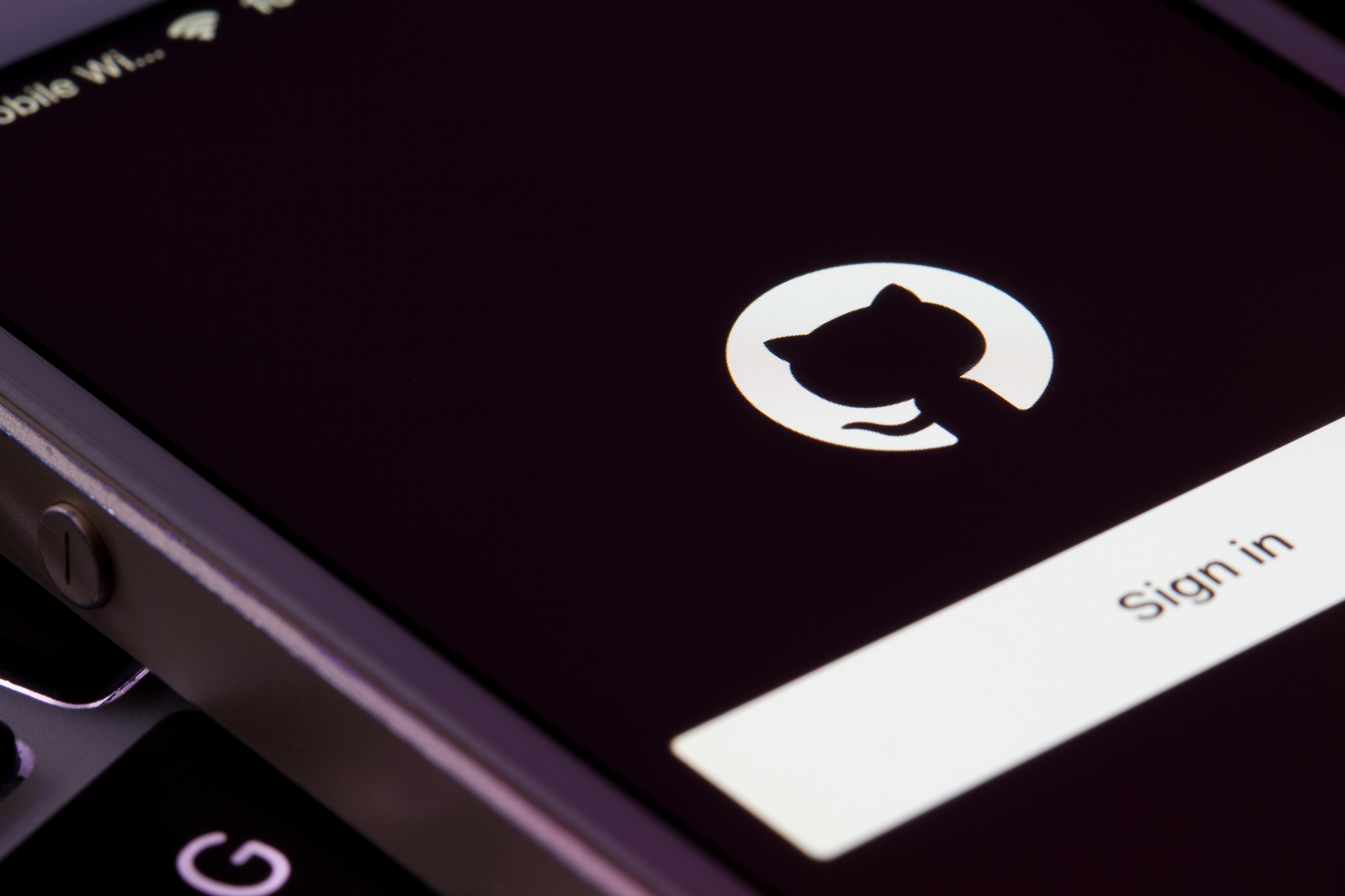Latitude hack now under state investigation as customers struggle to protect their accounts
The cyber attack has affected around 330,000 customers, although the company has said this is likely to increase


Sign up today and you will receive a free copy of our Future Focus 2025 report - the leading guidance on AI, cybersecurity and other IT challenges as per 700+ senior executives
You are now subscribed
Your newsletter sign-up was successful
Latitude Financial has revealed that a cyber attack that hit the company last week is now under investigation by the Australian Federal Police (AFP).
The company said on 16 March that it had detected unusual activity on its systems. Today, it confirmed that the activity is a sophisticated and malicious cyber attack which is still ongoing.
Latitude has taken its systems offline and is unable to service its customers or merchant partners, it said. However, it’s aiming to restore its platform “gradually” over the next few days.
Taking the systems offline has already impacted a score of its customers, all reporting various different issues.
One user complained on Twitter that they were unable to make changes to their account, such as setting a new password, but couldn't access it due to the relevant systems being taken offline.
“Unfortunately, we have restricted access to internal and customer-facing systems,” replied a customer service agent. “This is to ensure we contain the security breach. I understand it's really frustrating not being able to log in.”
Other users were unable to make payments as a result of systems being taken offline, and one said it was the second time their data had been accessed in recent times, with the first being through the major ransomware attack on Medibank in October 2022.
Sign up today and you will receive a free copy of our Future Focus 2025 report - the leading guidance on AI, cybersecurity and other IT challenges as per 700+ senior executives
As well as the AFP, the financial services company has also engaged the Australian Cyber Security Centre (ACSC), cyber security experts, and other government agencies.
“Our people are working around the clock to contain the attackers. We have taken the prudent action of isolating some of our technology platforms which means that we are currently not onboarding new customers,” Latitude said.
“In conjunction with our cyber security experts, we are continuing our forensic review of our IT platforms to identify the full extent of the theft of customer information as a result of the attack on Latitude."
Latitude has confirmed that around 330,000 customers and applicants have had their personal information stolen so far, around 96% of which is related to the theft of driving licenses or numbers.
The remaining stolen data was comprised of copies of passports or passport numbers, and Medicare numbers, 4% and 1% respectively, by Latitude's estimates.
However, the company said that it’s likely to discover more stolen information affecting current and past Latitude customers and applicants, as it continues with a forensic review which will now include “non-customer originating platforms and historical customer information”.
RELATED RESOURCE

Network security musts: The seven point checklist
How to acquire and deploy your cloud-based network security solution
The Melbourne financial firm, which provides credit cards, insurance, and loans to consumers and businesses, is set to contact each impacted individual to confirm what personal information has been stolen.
It will work with relevant agencies to replace identification documents at no cost to Latitude customers. Latitude has also enlisted IDCARE, a charity that provides support to individuals or businesses that suffer a cyber attack.
Latitude also confirmed that it has cyber security insurance and has notified its insurers of the cyber attack.
“While we continue to deliver transactional services, some functionality has been affected resulting in disruption,” said Ahmed Fahour, CEO at Latitude.
“We are working extremely hard to restore full services to our customers and merchant partners and thank them for their patience and support. We understand their frustration.”
Zach Marzouk is a former ITPro, CloudPro, and ChannelPro staff writer, covering topics like security, privacy, worker rights, and startups, primarily in the Asia Pacific and the US regions. Zach joined ITPro in 2017 where he was introduced to the world of B2B technology as a junior staff writer, before he returned to Argentina in 2018, working in communications and as a copywriter. In 2021, he made his way back to ITPro as a staff writer during the pandemic, before joining the world of freelance in 2022.
-
 Building AI readiness through clear workflows
Building AI readiness through clear workflowsWithout clear systems and shared context, even the smartest AI can’t unlock value. People remain central to making automation effective
-
 Pure Storage snaps up 1touch in data management pivot
Pure Storage snaps up 1touch in data management pivotNews The all-flash storage company is turning its focus to data management with a new acquisition and new name
-
 Capita handed £50m London police contract weeks after losing pension data
Capita handed £50m London police contract weeks after losing pension dataNews The outsourcer will provide digital fraud reporting services after its cyber incident disclosure drew criticism
-
 Supercharge trust for operations
Supercharge trust for operationsWhitepaper Innovating through uncertainty
-
 Western Digital suffers cyber attack, shuts down systems
Western Digital suffers cyber attack, shuts down systemsNews Customers are taking to Twitter to report they’re unable to log into their storage products through Western Digital’s online portal
-
 Lazarus blamed for 3CX attack as byte-to-byte code match discovered
Lazarus blamed for 3CX attack as byte-to-byte code match discoveredNews Additional analysis suggested 3CX developer teams ignored "red flags"
-
 Latitude Financial's data policies questioned after more than 14 million records stolen
Latitude Financial's data policies questioned after more than 14 million records stolenNews Some of the data is from at least 2005 and includes customers’ name, address, and date of birth
-
 Some GitHub users must take action after RSA SSH host key exposed
Some GitHub users must take action after RSA SSH host key exposedNews One cloud security expert likened the incident to the infamous HeartBleed bug from 2014
-
 IDCARE: Meet the cyber security charity shaping Australia and New Zealand's data breach response
IDCARE: Meet the cyber security charity shaping Australia and New Zealand's data breach responseCase Studies IDCARE is recruiting a reserve army to turbocharge the fightback against cyber crime not just in the region, but in the interests of victims all over the world
-
 Four-year-old iframe flaw allows hackers to steal Bitwarden passwords
Four-year-old iframe flaw allows hackers to steal Bitwarden passwordsNews The password manager has known about the issue since 2018, publicising it in a report in 2018
